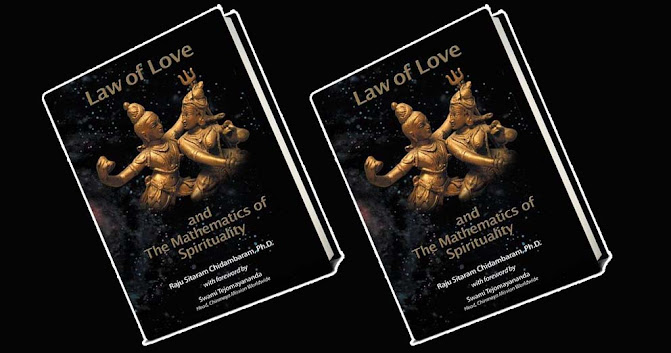The Bhagavad Gita, a revered scripture from ancient India, imparts profound insights into the art of living a purposeful and meaningful life. In its sacred verses, the Gita addresses the dilemmas of existence, the nature of reality, and the path to self-realization. Through the dialog between Lord Krishna and Arjuna, it offers timeless wisdom that transcends cultures and eras. The Gita teaches us to navigate the complexities of life with grace, find inner peace amidst chaos, and awaken to our higher selves. Here are some distilled life lessons from the Bhagavad Gita, encapsulating its essence and guiding us on a journey of self-discovery and spiritual growth.
1. Do your duty without attachment to the results.
2. Find inner peace through self-control.
3. The soul is eternal and beyond the physical body.
4. Renounce desires for a tranquil mind.
5. Strive for self-realization and spiritual growth.
6. Treat joy and sorrow with equanimity.
7. True wisdom sees unity in all beings.
8. Act with integrity and righteousness.
9. Yoga is the path to self-discovery.
10. Let go of ego and embrace humility.
11. Find strength in devotion and surrender.
12. See the divine in all aspects of life.
13. Balance work, meditation, and devotion.
14. Material possessions are temporary.
15. Transcend dualities and seek the eternal truth.
16. Detachment doesn't mean indifference.
17. Serve others selflessly.
18. Control the mind to control your life.
19. Perceive pain and pleasure as passing phases.
20. Be steady amidst life's ups and downs.
21. Live in the present moment.
22. Treat all beings with compassion.
23. Choose righteousness over convenience.
24. Stay unaffected by external circumstances.
25. Seek ultimate liberation through devotion to the divine.
As we reflect on these teachings from the Bhagavad Gita, we are reminded of the timeless relevance of its wisdom. These lessons encourage us to cultivate virtues, seek self-realization, and live in harmony with ourselves and the world around us. By integrating these profound insights into our lives, we can aspire to become better individuals, compassionate beings, and seekers of truth. The Bhagavad Gita continues to illuminate the path of righteousness, resilience, and inner transformation, guiding us towards a life of purpose, fulfillment, and spiritual awakening.





















